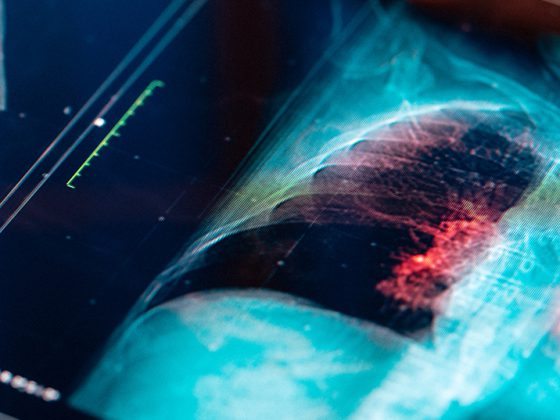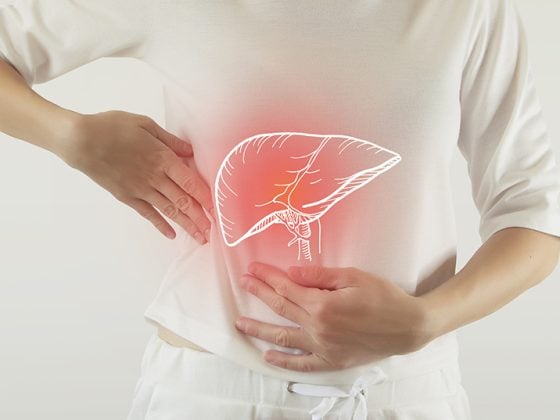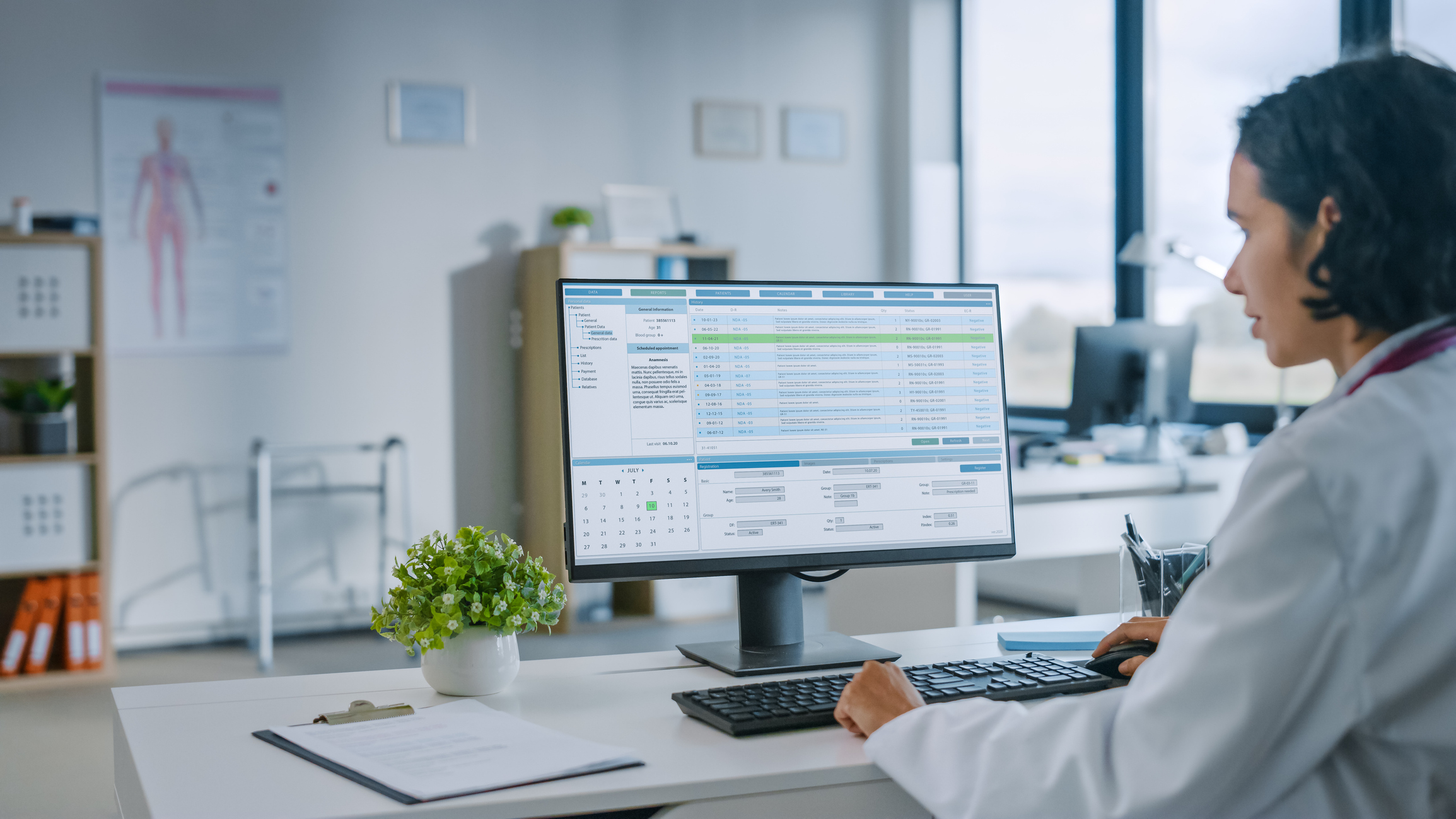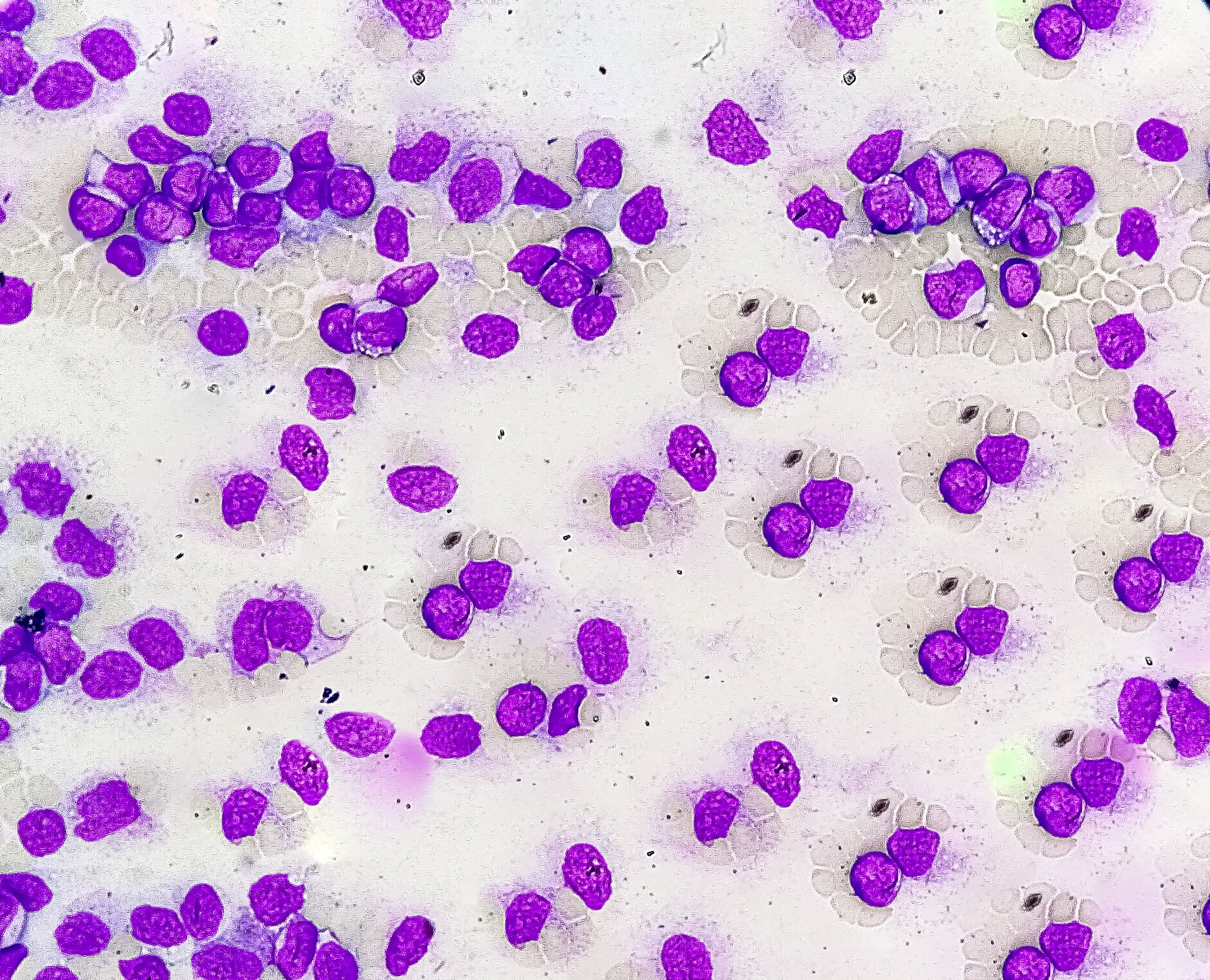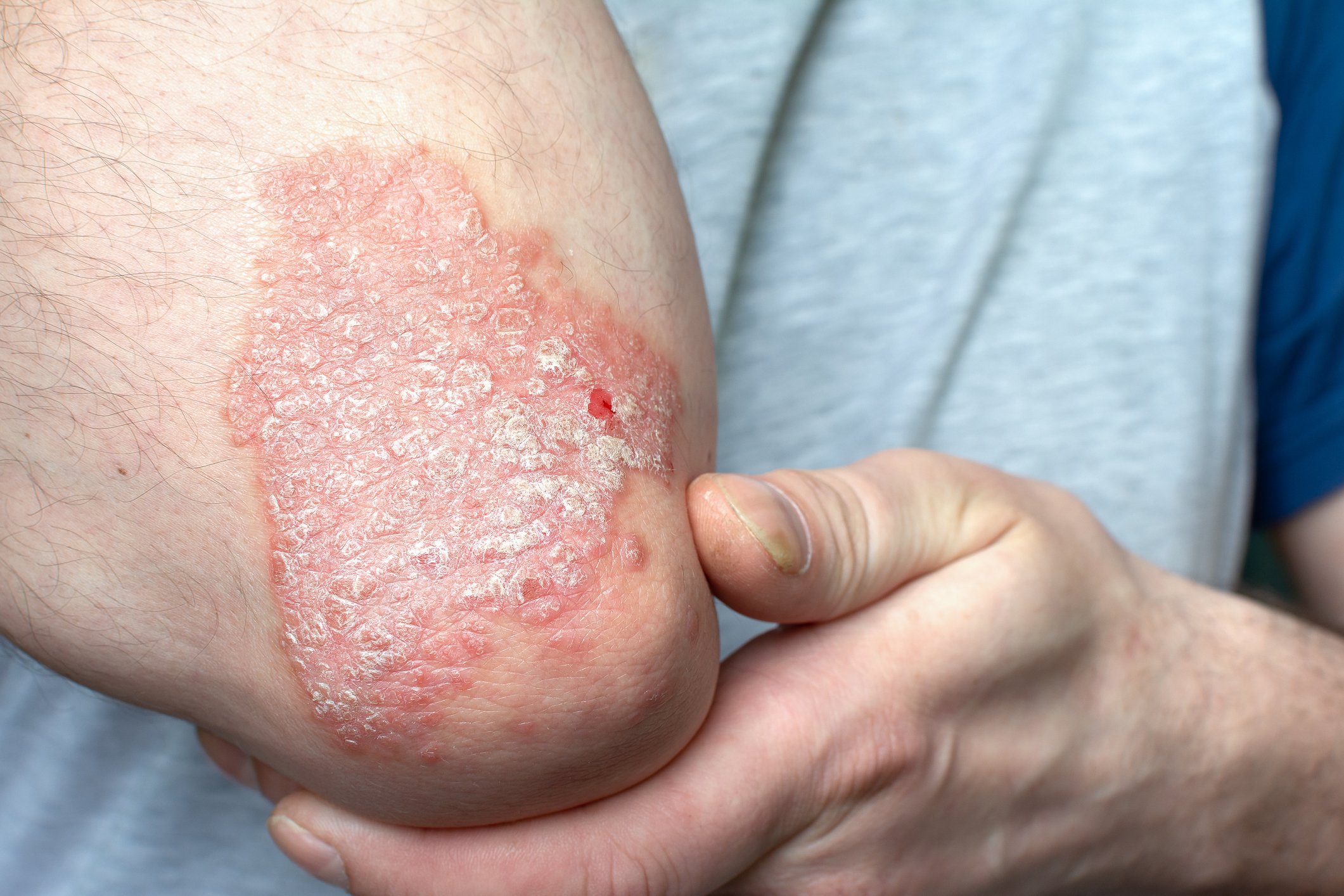After a liver transplant, patients must take immune-suppressing drugs for the rest of their lives. These so-called immunosuppressants prevent the organ from being rejected. However, the drugs increase the risk of cancer and serious infections. They can also significantly impair kidney function and even lead to dialysis. In order to be able to give patients as much immunosuppression as necessary but as little as possible, doctors at Hannover Medical School (MHH) rely on a special aftercare program: using tissue samples, they control the immunosuppression for each patient individually.
“More transplant patients still die from diseases promoted by taking immunosuppressants than from transplant failure,” explains Dr. Richard Taubert, senior physician at the Liver Transplant Outpatient Clinic of the MHH Department of Gastroenterology, Hepatology and Endocrinology. “In our program, biopsy directly impacted our follow-up in about 80 percent of patients, and immunosuppression was reduced in up to 60 percent of patients.” Emily Saunders, a resident and doctoral student in the MHH Department of Gastroenterology, Hepatology and Endocrinology adds, “Comparison to a previous cohort of patients before the introduction of the new follow-up program showed that lower immunosuppression did not increase the risk of rejection, but had a positive effect on patients’ kidney function.” Doctors were also able to identify damage to the graft earlier and treat it, for example, with different or higher levels of immunosuppression. The team has now published their findings in the American Journal of Transplantation.
As part of her doctoral research, Emily Saunders performed protocol biopsies in liver transplant patients with normal liver values starting one year post-transplant. During a biopsy, doctors remove a small piece of tissue from the patient’s liver through the abdominal wall using a fine needle. This process takes only about one second. The site is locally anesthetized in advance.
Biopsies made graft damage visible
A total of 211 patients could be studied. Only about one-third of protocol biopsies were unremarkable. More than 60 percent of the samples showed damage to the transplant liver, such as scarring of the tissue or inflammation. “We would not have been able to detect this damage based on laboratory values and the clinical condition of the patients, so managing immunosuppression after liver transplantation without biopsies is flying blind,” says Elmar Jäckel, M.D., also a senior physician in the Department of Gastroenterology, Hepatology and Endocrinology, who coordinates the program with Dr. Taubert.
No relevant complications from the examination
“Observational evidence shows that protocol biopsies are safe and do not result in relevant complications for patients,” Dr. Taubert said. Based on the biopsy result, liver values, kidney function, and other concomitant diseases, the medical team was able to tailor immunosuppression for each patient. This is because not every patient needs the same strength of immunosuppression, and a few patients could even manage without any at all. The patients were closely monitored by their primary care physicians in the following months. One year after switching immunosuppression, patients returned to the outpatient clinic for follow-up.
Few transplant centers perform protocol biopsies, partly because of perceived risks such as bleeding and partly because until a few years ago it was unclear how to evaluate the above changes in liver biopsy. “Long-term survival beyond the first year after liver transplantation has improved little in the past 30 to 40 years, despite significant improvements in surgery and drug therapy. Too many organs are still lost. With regular protocol biopsies, this will hopefully change,” says Professor Dr. Hans Heiner Wedemeyer, Director of the MHH Clinic for Gastroenterology, Hepatology and Endocrinology. This, he said, is desirable for patients.


